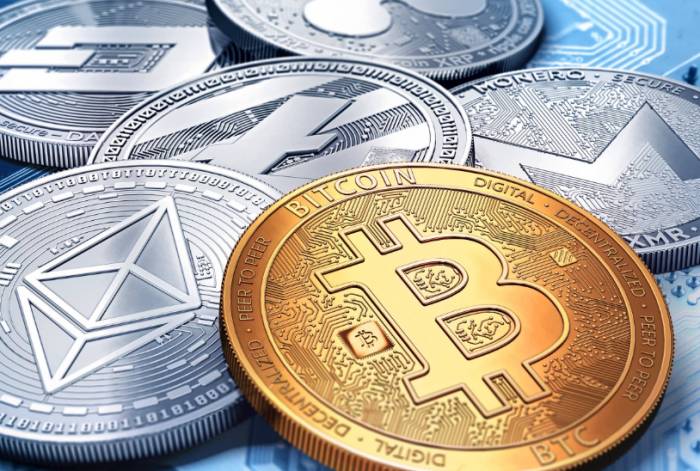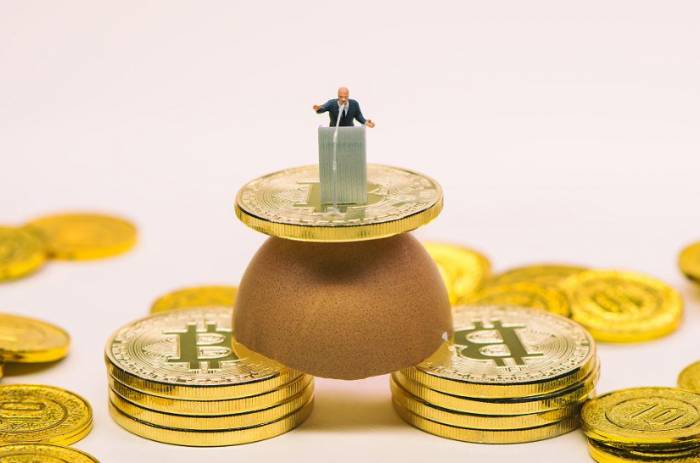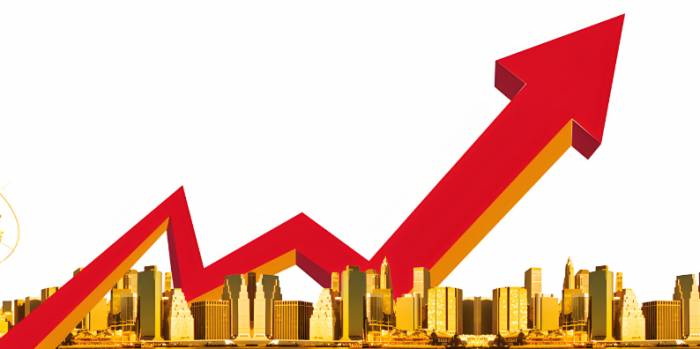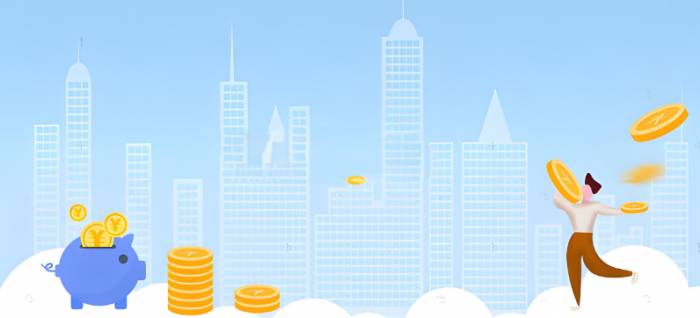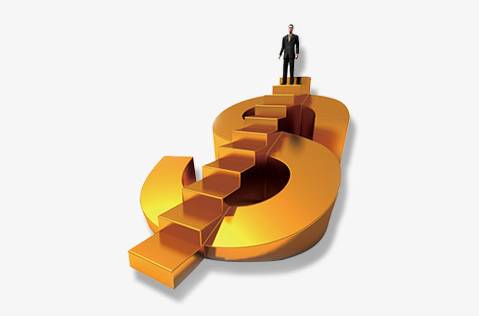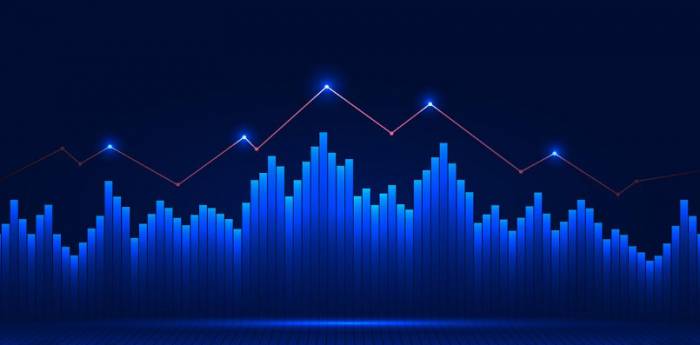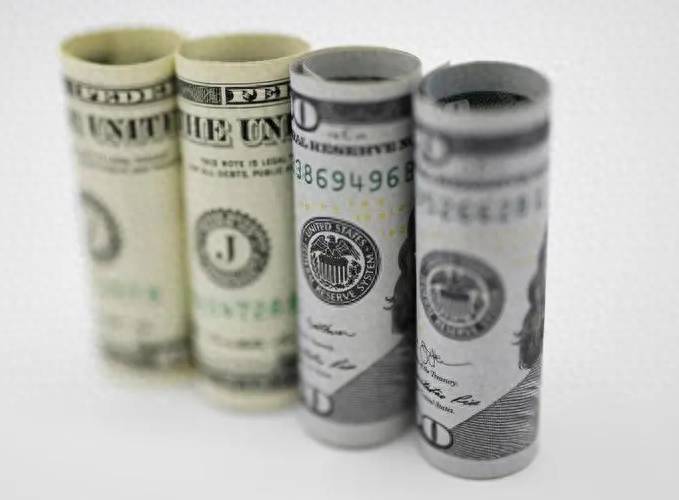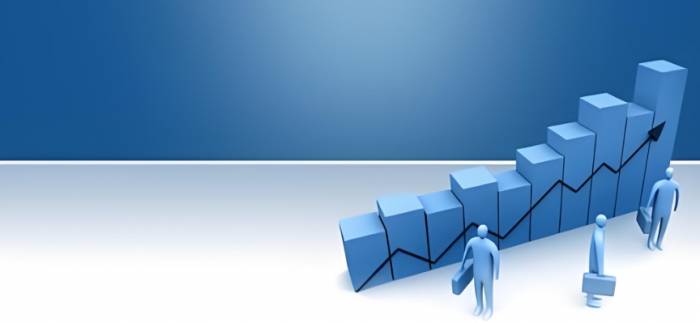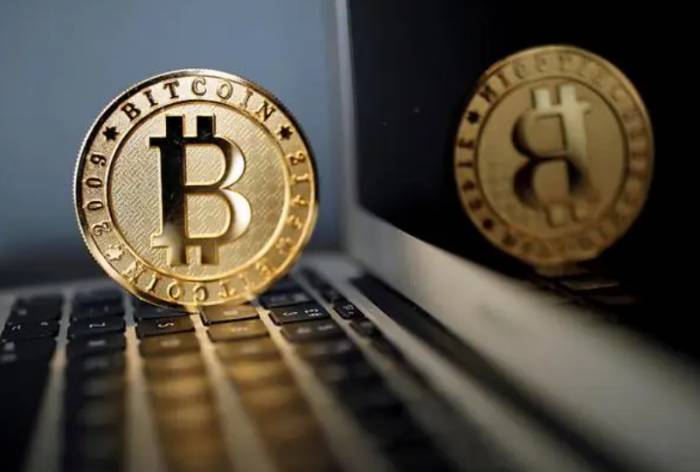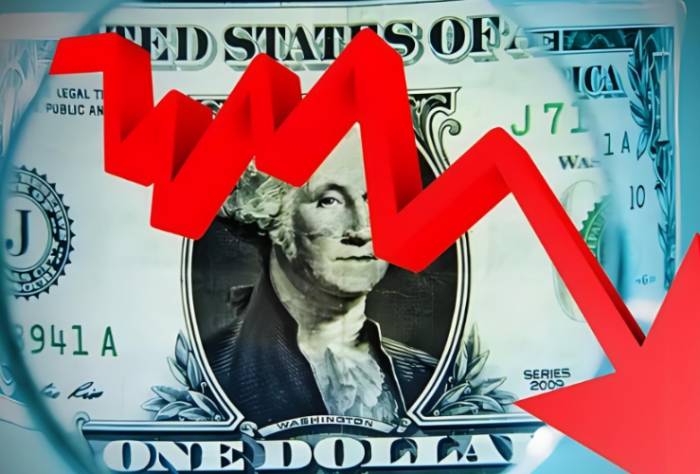The Conference Board in the United States released a report on Tuesday showing that U.S. consumer confidence unexpectedly fell sharply by 6.9 points to 98.7 in September, marking the largest decline since August 2021, due to concerns about the labor market and overall economic prospects.
Among them, the expectations index for the next six months declined to 81.7 in September, while the present situation index fell to 124.3.
Analysis suggests that the recent slowdown in the labor market, coupled with persistently high living costs, is exerting pressure on consumer confidence, keeping the index well below pre-pandemic levels.
At the same time, the details of the report reflect concerns about the job market, which was also one of the reasons for the Federal Reserve's decision last week to lower interest rates by 50 basis points.
Chief Economist of the Conference Board, Dana Peterson, said in a statement: "Consumers' assessment of current business conditions turned negative, and their view of current labor market conditions further deteriorated.
Consumers are more pessimistic about future labor market conditions and have more negative expectations for future business conditions and income."
"Although the labor market remains quite healthy, with low unemployment, few layoffs, and high wage levels, the deterioration of the main components of the index may reflect consumers' concerns about the labor market, as well as their reaction to reduced working hours, slower wage growth, and fewer job opportunities.
All five components of the index have worsened."
Specifically, the proportion of consumers who believe that there are plenty of job opportunities fell for the seventh consecutive month to 30.9%, still the lowest proportion since March 2021, and this continuous decline is the longest since 2008.
The proportion of those who find it difficult to find a job rose to 18.3%, also the highest level since the beginning of 2021.
The difference between these two proportions is an important indicator that economists use to measure the labor market, and this indicator has narrowed for the eighth consecutive month, also the longest since the 2008 financial crisis.
Although consumers still believe that the possibility of an economic recession next year is low, Peterson said that the proportion of consumers who think the economy has entered a recession has "slightly increased."
Federal Reserve Chairman Powell said last week that although the labor market is slowing down, it is still in a "healthy state," and the overall economy is "basically good."
The policymakers' forecasts released with the interest rate decision show that the unemployment rate is expected to rise from the current 4.2% to 4.4% in the fourth quarter and remain at this level until 2025, with most officials believing that their forecasts carry an upside risk.
The Conference Board's data shows that about one-third of consumers expect interest rates to fall next year, still the highest proportion since April 2020.
In September's written responses, there was an increase in the mention of the impact of interest rates on consumers' economic perceptions.
In addition, although consumers' assessment of their family's financial situation remains relatively positive in September, both current and expected conditions for the next six months have weakened compared to August.
These indicators are not included in the calculation of the consumer confidence index.
Against this backdrop, consumer plans for the purchase of large household appliances show mixed performance, and plans to buy smartphones or laptops/personal computers in the next six months have declined.
However, the purchase plans for homes and new cars have slightly improved on a six-month moving average.
At the same time, due to the still high mortgage rates, potential buyers are choosing to wait and watch, inventory backlogs, and the rise in U.S. housing prices slowed down in July.
According to S&P CoreLogic Case-Shiller data, nationwide housing prices rose by 5% year-on-year, lower than the 5.5% annual increase in June.
After seasonal adjustment, housing prices rose by 0.2% month-on-month in July, setting a record for the 14th consecutive time.
The index tracked in July is for a three-month period starting in May, and according to Freddie Mac data, the 30-year mortgage rate reached a peak of 7.22% at that time.
Although borrowing costs have declined since then, affordability remains a barrier.
Due to the hesitation of many potential homebuyers, market competition has cooled.
At the same time, the supply of houses on the market has surged.
The number of active listings in July increased by 14% compared to a year ago, and many listings have become stale.
According to Redfin Corp. data, overall sales have been weak due to the worst spring sales season in more than a decade.
The Federal Reserve cut interest rates for the first time this month and said there would be more cuts in the future, which could exert more downward pressure on mortgage costs and help revive the housing market.



